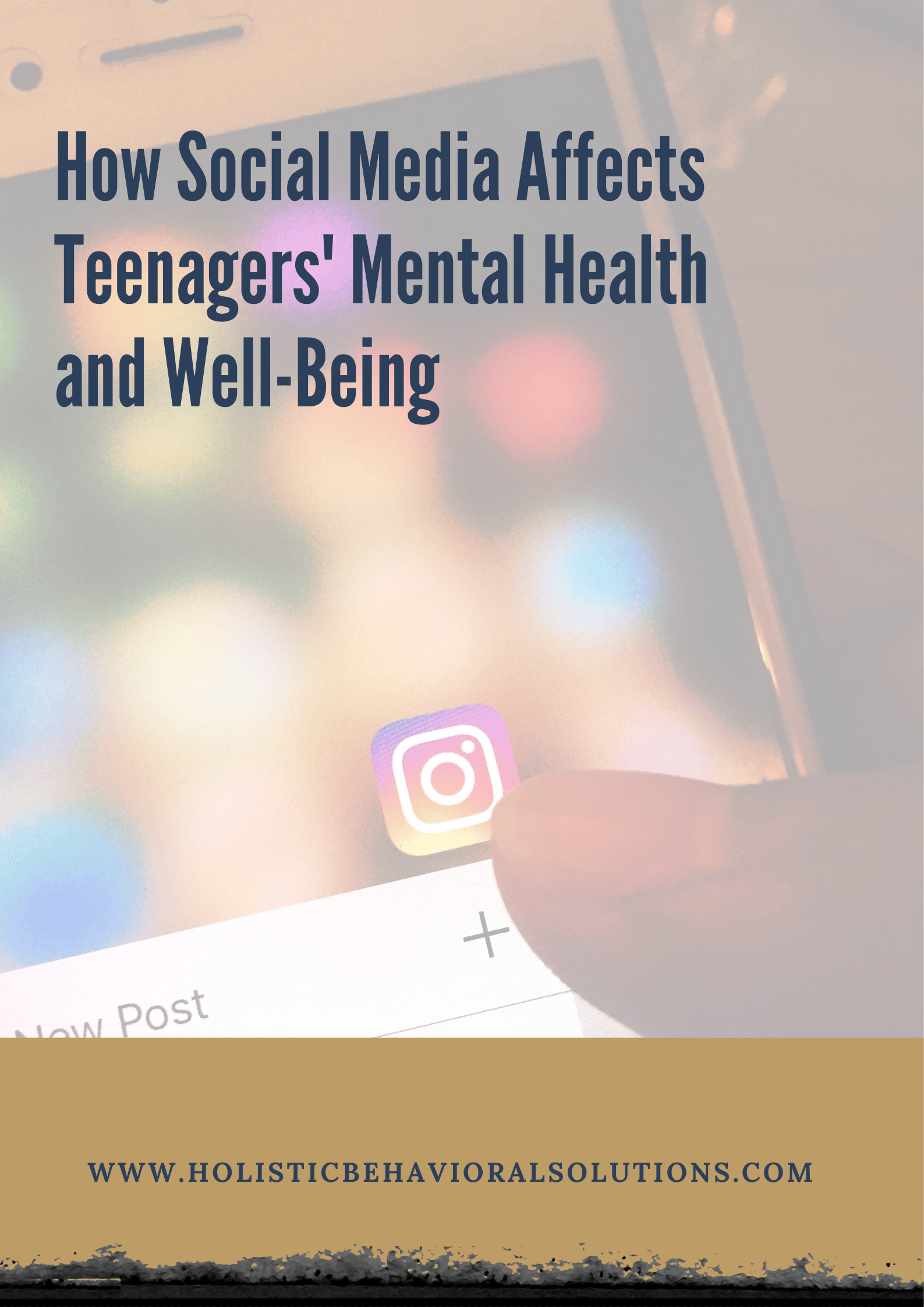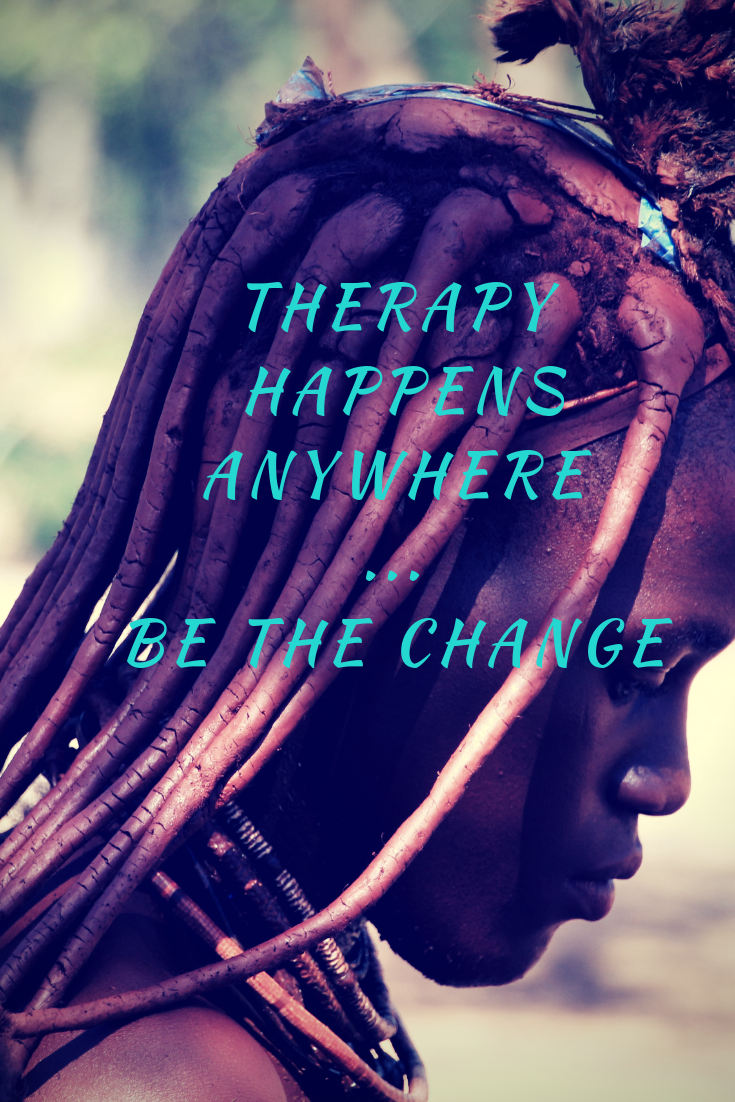
Social media is everywhere—especially in the lives of teens. Platforms like Instagram, Snapchat, and TikTok offer new ways for adolescents to connect and express themselves. But behind the filters and feeds lies a more complex story—one with real implications for mental health.
A narrative literature review explored how adolescents, ages 13 to 17, perceive the effects of social media on their psychological well-being. Drawing from 24 qualitative studies published between 2014 and 2020, the review gives us a closer look at what teens themselves are saying about the emotional highs and lows of online life.
Five Key Themes Shaping Adolescent Mental Health Online
1. Self-Expression and Validation
Teens often use social media to explore identity and seek affirmation. Positive feedback can boost self-esteem, but the need for constant validation can become emotionally exhausting—leaving teens vulnerable to approval-seeking and self-doubt.
2. Appearance Comparison and Body Image
Endless exposure to idealized, curated images can lead to distorted body perceptions. These comparisons—especially on image-heavy platforms—are linked to increased anxiety, body dissatisfaction, and depressive symptoms.
3. Pressure to Stay Connected
Social media never really “turns off.” Many teens feel a constant pressure to stay active and responsive online. This need for social availability can fuel anxiety, sleep issues, and burnout.
4. Social Support and Belonging
Despite its challenges, social media can also be a lifeline. Teens who feel isolated offline often find community and connection online, sharing experiences and receiving support from peers facing similar struggles.
5. Cyberbullying and Harmful Content
Unfortunately, social media also opens the door to bullying, harassment, and exposure to toxic or triggering content. These negative experiences can take a toll on self-worth and even contribute to self-harm or suicidal ideation.
What “Psychological Well-Being” Really Means
The review defines psychological well-being as more than just the absence of illness. It includes meaning, purpose, emotional regulation, and the ability to thrive socially and personally. According to the World Health Organization, it also involves contributing positively to one’s community and living in alignment with one’s values.
Social media can support or undermine these goals—depending on how it’s used.
It’s Not All Bad: Why Intentional Use Matters
Not all social media engagement is harmful. Teens who use social platforms to connect meaningfully with others often report positive mental health outcomes. On the flip side, passive scrolling or exposure to toxic content tends to worsen feelings of loneliness and anxiety.
One key takeaway? Mindful usage makes a difference. Reducing screen time and setting healthy boundaries—aka a digital detox—has been shown to improve mood and overall well-being.
What Comes Next: Questions for Future Research
The review highlights a need for further research on:
- How teens would redesign social platforms to better support mental health
- The long-term effects of the COVID-19 pandemic on digital communication and social development
Today’s high school and college students—especially those who started their academic journeys during pandemic lockdowns—are still adjusting to a hybrid, Zoom-integrated world. Understanding how that shift has shaped their mental health is more important than ever.
TL;DR: Social Media Is a Tool—Not a Villain
This literature review gives us powerful insight into the complex, two-sided relationship between social media and adolescent mental health. While risks like body image issues and cyberbullying are real, social platforms also offer a space for connection and support.
For parents, educators, and mental health professionals, the takeaway is clear: we need to help teens navigate digital spaces with intention, boundaries, and emotional awareness.
Social media isn’t going anywhere. The real question is: How can we use it to help, not harm?
Boost Emotional Wellness from the Inside Out
As teens navigate the emotional ups and downs of digital life, supporting their mental clarity and emotional resilience becomes even more important. At The Holistic Store, we offer thoughtfully selected wellness supplements that promote focus, calm, and balanced mood—ideal for both teens and adults.
Explore our collection to help your family stay grounded, focused, and emotionally strong—online and offline.
Visit The Holistic Store and support your wellness journey today.supplies. Check out our store for products that help you feel your best, making it easier to open up and connect on a deeper level.

